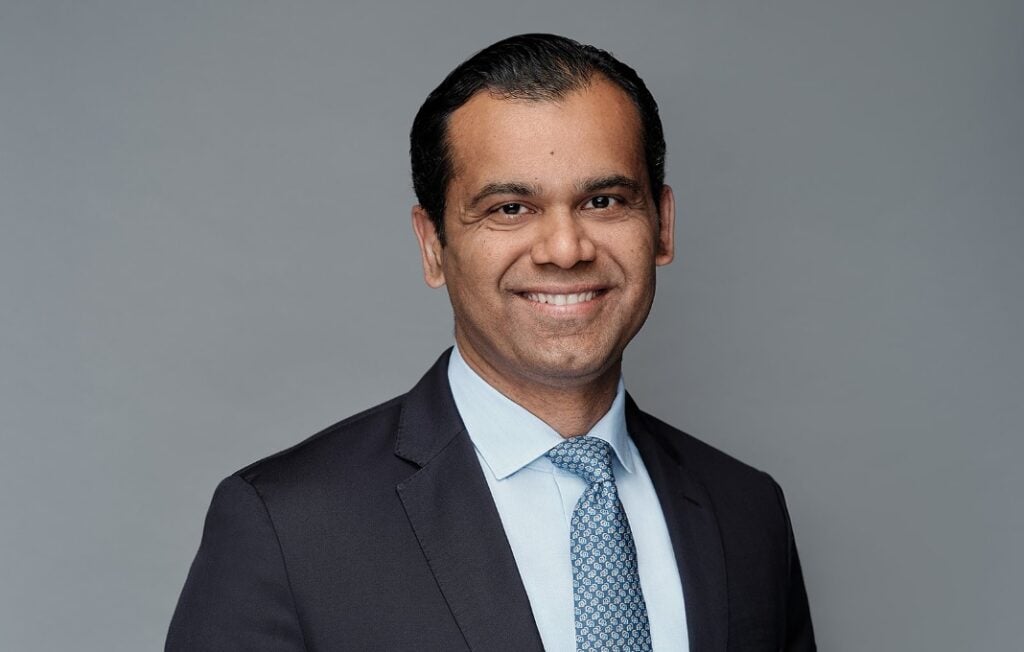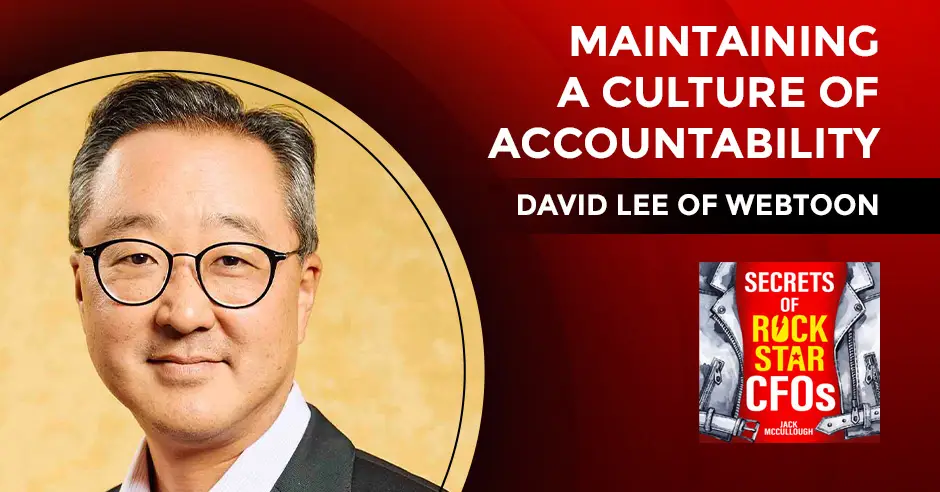Following The Weather Company’s separation from IBM last year, the weather forecasting and information provider built its finance function from the ground up. Michael Love, the former CFO of Intuit Mailchimp who took over finance last October, said the idea was to design something more flexible and better aligned with the business’s pace and needs.
“We’ve focused on simplifying core processes—like accounting and reporting—not just for efficiency’s sake but to help the business move faster and make smarter decisions,” Love says. “The goal has been to create systems that support innovation, not slow it down.”
In an interview, the Harvard MBA describes how the most effective CFOs “keep the focus on what’s best for the business” and are not afraid to “surface tough truths.”
Looking back on your career across companies like Intuit Mailchimp, Home Depot and BCG, what have been some of the most important lessons that have shaped your leadership style as a CFO?
A key lesson I’ve learned is the importance of truly understanding the business you’re in: what drives it, how it operates on a day-to-day basis and which data points have the most significant impact. Effective finance leadership goes beyond managing numbers; it requires insight into operations, customer experiences and frontline realities.
Success lies in becoming embedded across the organization—walking in the shoes of the sales team, analyzing service patterns with operations staff and turning raw data into actionable insights. This cross-functional view positions finance leaders as truth-tellers who can surface issues that aren’t obvious, challenge assumptions and create space for open conversations, even when they’re tough.
Having an operational mindset naturally extends to leadership alignment. I’ve learned that genuine alignment at the leadership level only occurs when teams collectively confront reality and prioritize the company’s needs over personal agendas.
When people prioritize optics over outcomes, progress stalls. But when you lead with data, promote transparency and keep the focus on what’s best for the business, you start to see real momentum. That mindset has shaped the way I lead, and, more importantly, it has helped the teams I’ve worked with move forward with clarity and confidence.
What do you believe are the most underrated soft skills finance professionals need to develop if they want to advance into more strategic leadership roles?
In finance, technical skills are expected, but it’s the soft skills that set apart effective leaders. The ability to translate complex financial data into clear, actionable insights is key to influencing decisions and aligning teams across the business. Just as important is building trust through transparency, reliability and showing up as a partner, not just a rule enforcer.
Great finance leaders also create space for honest conversations, challenge assumptions respectfully and foster a culture where constructive debate is welcome. They’re not afraid to surface tough truths or guide teams through uncertainty.
Empathy and relationship-building are equally essential. By understanding the goals and pressures business partners face, finance professionals can offer support that’s timely, relevant and impactful. These often-overlooked soft skills are what elevate finance from a back-office function to a strategic driver of growth and transformation.
What advice do you have for young or emerging finance professionals when it comes to cultivating a strategic mindset? How can they go beyond the numbers to influence an organization’s trajectory?
My advice to emerging finance professionals is to be relentlessly curious about the business. Seek opportunities to understand how different teams operate and what drives results. Ask questions, sit in on cross-functional meetings and build relationships across the company. That broader view will help you connect financials to real-world outcomes and spot ways to add value.
To think more strategically, start looking at the bigger picture. Understand how your work fits into the larger ecosystem; how market shifts, customer behavior or even weather can impact performance. Look for patterns in the data and don’t wait to be asked. Bring those insights forward.
Most importantly, learn how to tell the story behind the numbers and make the analysis relevant and actionable for others. If you can explain your insights in a way that helps people make better decisions, you’ll become more than just a finance professional.








